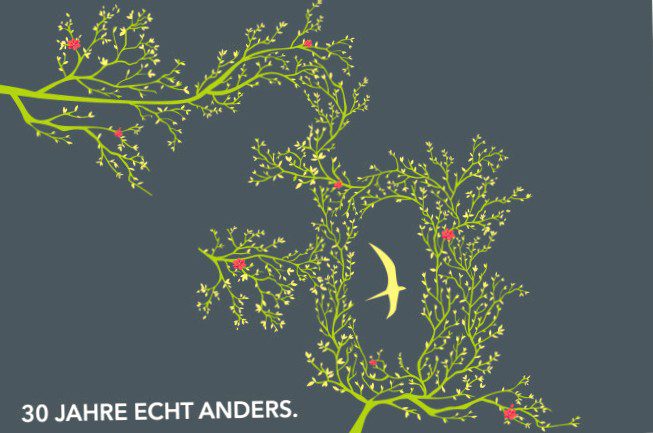I
Today is harvest day: young women and men who have studied, learned and researched at our faculty have reached their goal. Today you receive your diplomas, degree certificates and certificates confirming: From now on you are studied, doctorated or habilitated theologians. You are glad, your families, friends, partners rejoice with. And we, the teachers of the faculty, do the same, some certainly with a little pride in what they have been able to contribute to this success, and that younger people carry on something of what was and is important to them themselves. I congratulate you.
II
Now, with what you have learned and acquired, with your skills and the treasure of education that has its place not in the head but in the soul, you go wherever you will now practice your professions: Teaching, in pastoral care, counseling or accompanying, perhaps in research. Such beginnings on one's own feet are in themselves a small adventure. But for you there is something else. You will need courage. A lot of courage. And long. You did not choose it, but you take up your profession as theologians in a situation that has long since been described as the greatest crisis of the church in our country since the Reformation. Since last February, hundreds of cases of sexual abuse and mistreatment by priests and educators in Catholic institutions – triggered by a courageous Jesuit – have come to light. In other religiously influenced as well as secular social places the same happened, mostly to a far greater extent than within the Catholic Church. But these transgressions came back to the Catholic Church with the force of a boomerang, on the one hand, because it has always claimed and claims more than others to have a weighty say in questions of good and evil, of right and wrong, and on the other hand, because not a few at high levels of responsibility in the church leadership dabbled disastrously in a way that could only be understood as a cover-up strategy to preserve the reputation of the church. The events – we must not deceive ourselves – have left scorched earth in terms of the credibility, reputation and appeal of the church, to an extent that will lie like a heavy load on our preaching and our pastoral and educational activities for decades to come. Not even the generations of theologians at the end of the first and after the second world war had to bear such a mortgage. For you, for us now, it will add to the toil and burden of everyday life for a long, painfully long time – and where we step into the vicinity of a victim sometimes to the edge of the bearable.




